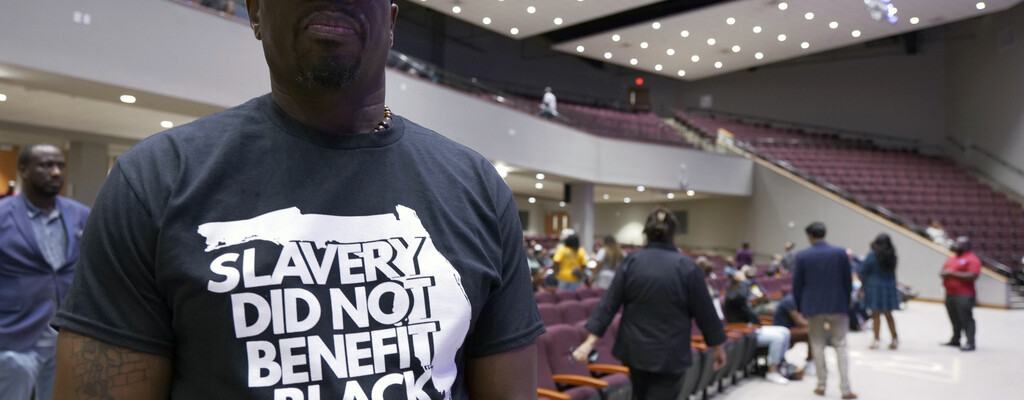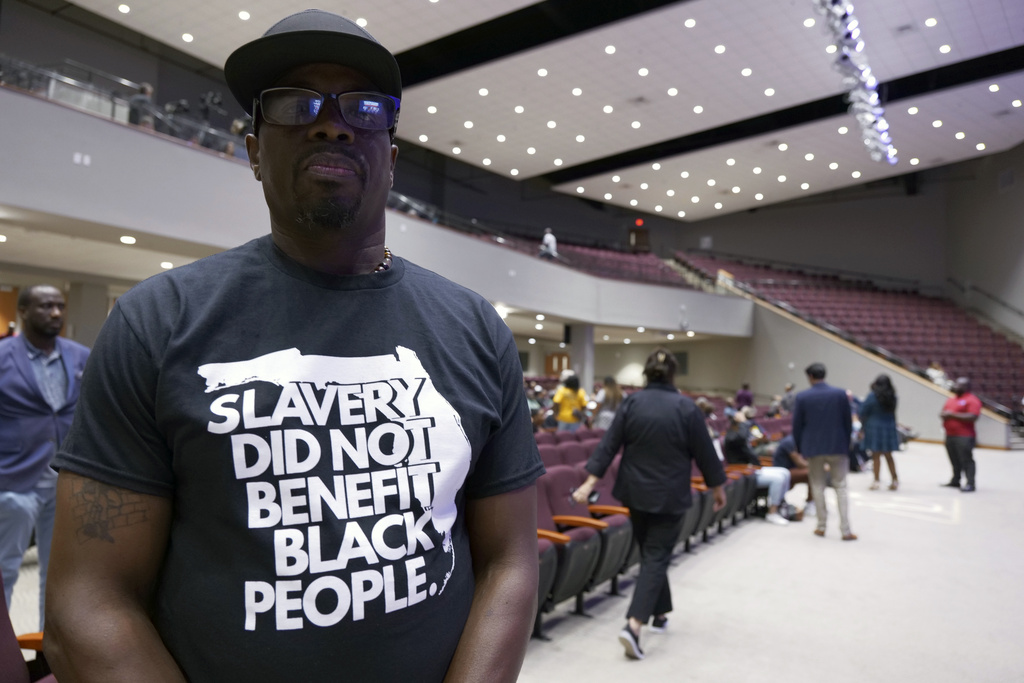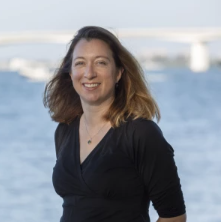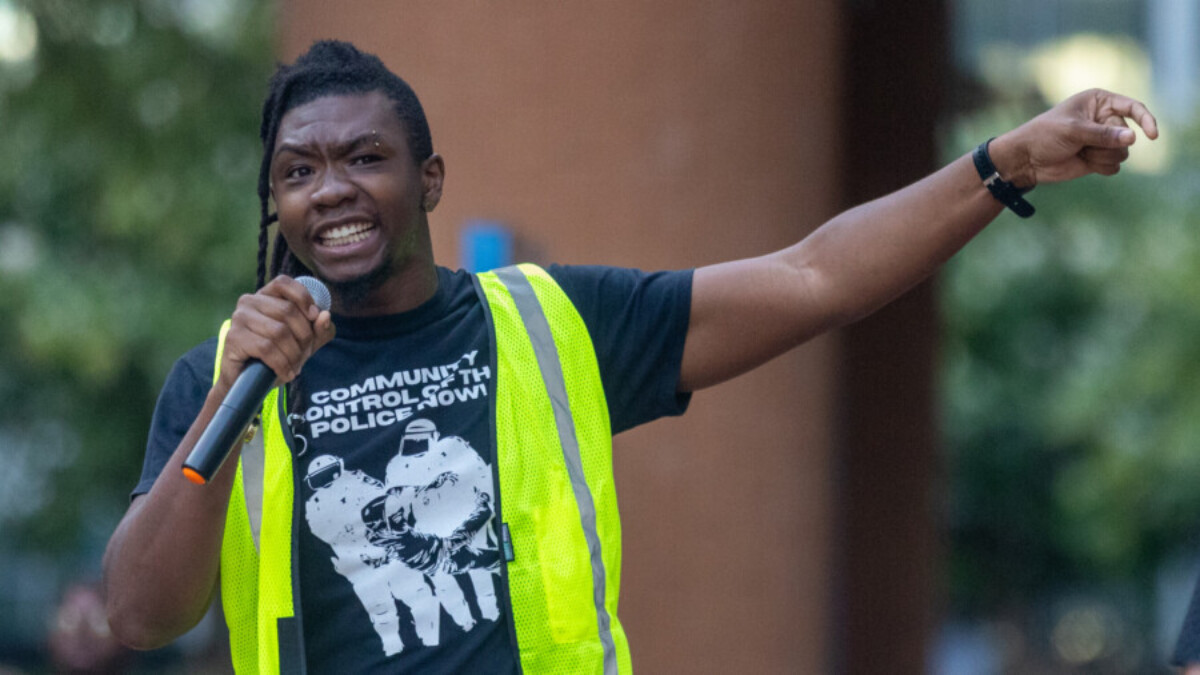There is growing pushback from scholars and teachers about how Florida has put limits on teaching Black history in schools, and they are mobilizing in Jacksonville for a major conference next month.
Leaders of the Association for the Study of African American Life and History say they won’t be deterred by the shooting Saturday by a white gunman who killed three Black people at a Dollar Store and then himself.
“In light of Saturday’s tragedy, ASALH is even more determined to go to Jacksonville and hold its conference. We will not be intimidated and scared away from promoting Black history,” said ASALH President Marvin Dulaney.
Planning for the five-day conference, focusing on Black history and Black resistance, has been underway for months and came despite an NAACP travel advisory that declared: “Florida is openly hostile toward African Americans, people of color and LGBTQ+ individuals.”

The travel advisory was issued “in direct response to Governor Ron DeSantis’ aggressive attempts to erase Black history and to restrict diversity, equity, and inclusion programs in Florida schools,” the NAACP said in May.
Under the DeSantis administration, Florida changed its curriculum standards over the summer, so students in middle school must learn that skills acquired in slavery could have benefited people who were enslaved.
According to Lisa Brock, a professor emeritus from Kalamazoo College in Michigan, ads from the time, posted at slave trading markets and in newspapers, tell a different story.
“When you look at the ads for sales of captives from Africa, into enslavement, they say things like ‘10 Negros from Benin familiar with iron working.’ Oh, yes. ‘A hundred strong bucks from Senegambia, able to produce rice,’ because they came with skills,” said Brock.
DeSantis has said critics of the standards are intentionally misinterpreting one line of a sweeping curriculum that was approved by African American scholar William B. Allen.

Brock will be leading an event at the conference on reading banned books.
“When you don’t teach Black history, it leads white people to think they are superior,” said Brock. “Thus empowering those who would commit violence.”
Florida this year banned students from taking a new Advanced Placement African-American Studies course, and altered the way Black history is taught in K-12 as well.
“If you compare the new standards to the old standards, you can see a lot of, sort of retrenchment,” said James Stewart, a professor emeritus at Penn State University who lives in Sarasota.
For instance, Stewart said some parts of the Florida standards go back to using the word “slaves,” whereas historians today more commonly say “enslaved people” to humanize what they endured.
Scholars like Stewart, Brock and Dulaney say more voices are needed, at school board meetings and elsewhere, in support of Black history.

“We’re using the theme of running to the fight,” said Dulaney.
“I’ve been a teacher of Black history since 1975. So, I’m discouraged and angry about what’s happening in Florida, that they try to turn it into something evil and harmful to children,” he said.
The conference begins with community outreach Sept. 19 and aims to give teachers tools and strategies for navigating this politicized environment.
Dulaney said one of sessions at the conference is called “How to teach Black history without going to jail.”

“They don’t have to stay away from topics such as slavery and the civil rights movement,” said Dulaney. “They indeed can incorporate those things into the curriculum, without it being ‘offensive’ to anybody.”
Conference organizers are in talks with local law enforcement about extra security at the event, Dulaney said.
Dulaney said he and other Black scholars are motivated by the words spoken by the Rev. Martin Luther King Jr., that “injustice anywhere is a threat to justice everywhere.”
9(MDEwNzczMDA2MDEzNTg3ODA1MTAzZjYxNg004))







